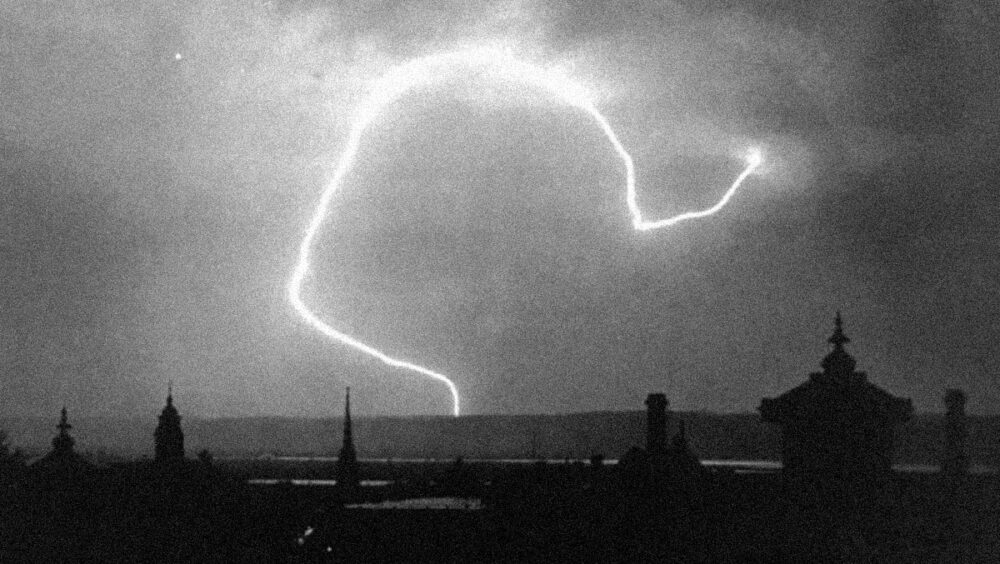Amedeo Policante
Amedeo Policante is a critical theorist and historian of political thought. He holds a PhD from Goldsmiths College, University of London and is currently a Postdoctoral Research Fellow at the University of Warwick. He is the author of two recent monographs: I Nuovi Mercenari: Mercato Mondiale e Privatizzazione della Guerra (Ombre Corte, 2014) investigating the on-going commodification of security and the resulting fragmentation of social space both at the global and at the urban level; and The Pirate Myth: Genealogies of an Imperial Concept (Routledge, 2016) focusing on shifting representations of piracy in legal, literary and popular culture, and the role they have played in international politics since the eighteenth century. He has also published several articles and book chapters on the political thought of Karl Marx, Carl Schmitt and Michel Foucault; as well as an ethnography of political protests and their visual representation. These works have been disseminating via traditional means such as academic journals, magazines and newspapers; and alternative means such as ‘The Pirate Camp’, a collaborative artistic project featured at the 54th International Art Exhibition of the Venice Biennale.
View all board membersRecent articles

As he navigates through the recurrent lockdowns of the pandemic, stranded between hitchiking and muggings, job hunting and separations, Fabio Valerio Tibollo rediscovers photography as a powerful coping mechanism. Recording everything that happened around him for one year straight, from attending momentous events to finding curiosity in shots of simple living,… Read more »

How many types of lightning are there, and how did the Victorians perceive and rationalise them? This article by James Broome, first published on The Strand Magazine in 1897, puts together photographs from both observatories and amateurs to show lightning in many of its different forms and shapes, while reflecting… Read more »

Venice is perhaps the only city in the world where food can only be delivered on foot. Recounting his experience as a delivery “walker”, Giorgio Pirina traces a fresco of his daily shifts, caught between digitalised work and timeless sites, with the liberating experience of walking contrasting with the impact… Read more »


